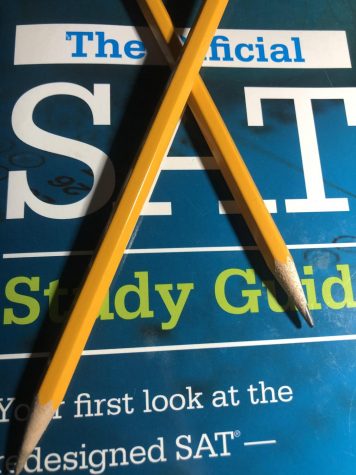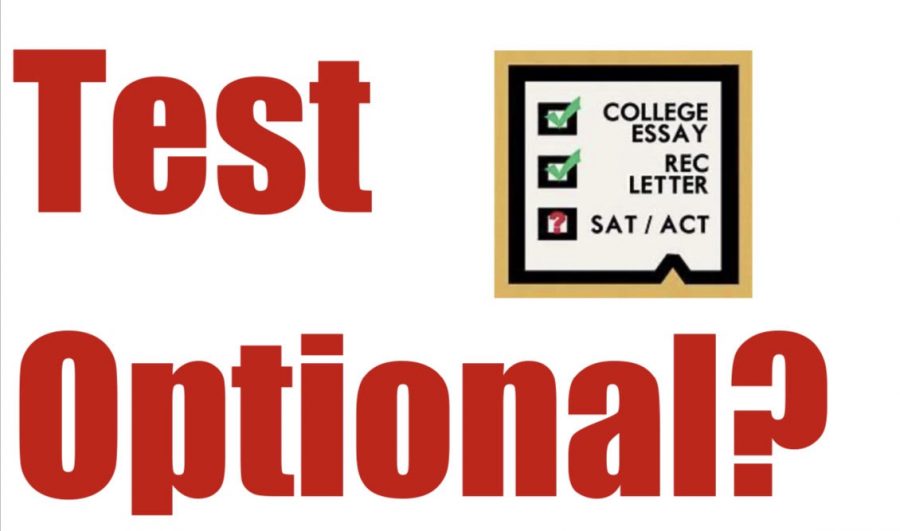Test Optional is the Way to go
Requirements for college applications do not include SAT/ACT scores.
Are standardized tests finally becoming a thing of the past? How long until they are gone forever?
The SAT and ACT have discouraged many hard-working students during the application process because a large majority of high schoolers struggle to obtain high scores that will make them competitive for admission to desirable schools. Hampshire College recently decided to eliminate standardized tests from their admissions process, resulting in the percentage of students deciding to enroll to increase from 18%-26%. Its overall class diversity also increased. Over the last few years, a new policy has taken over many of the nation’s top colleges. Currently, about 1,000 colleges in the United States are now test-optional according to an article from Teen Vogue. This means that at these select schools, students can choose whether they want to send their scores and have them considered in admissions decisions. This new policy is changing the way standardized tests are viewed, as colleges are placing more emphasis on a high GPA and class rigor than on SAT and ACT scores.
“I believe SAT and ACT scores are an inaccurate measure of a student’s high school performance and level of intelligence, as not everyone can perform well on standardized tests. Giving students the option to not submit their scores with their college applications seems like a reasonable and positive change,” said Adams senior Lucia Pryse.
Why are schools adopting this policy and how is it beneficial? Many schools believe standardized tests do not accurately show whether a student is prepared for college and can handle the course curriculum. One study highlighted in EdSource shows that students’ grades are a more reliable predictor of college readiness and success than their SAT or ACT scores. What standardized tests fail to show is a students’ work ethic and dedication to achieving high grades, which is a major flaw in the system. Any student can go in and take a test, but not all have the ability to outperform their classmates in school by taking advanced placement courses while balancing extracurriculars.

The official SAT study guide crossed out.
One admissions officer from DePaul provides insight into how its test-optional policy has benefitted the school and the students applying.
“DePaul engages in a holistic review of applicants and the test-optional alternative allows us to consider your strengths that may be demonstrated in other areas other than your ACT or SAT scores. Both our internal and external research shows that your high school record, in particular, your grades in challenging core subjects, is the most important academic component in the review for admission,” said DePaul University admissions officer Lo Elliot.
Recently, the University of Chicago was the first high ranking school to adapt the test-optional policy, drawing more attention to the emphasis placed on standardized tests by college admissions officers. This university and many other schools are adopting this policy as a way to promote fairness and equality for low-income households who cannot afford extensive SAT and ACT prep classes. An article from College Spring highlights studies that prove there is a direct link between higher test scores and higher incomes. A large majority of low-income households cannot afford extensive test prep to prepare their kids for these tests, thus placing them at a disadvantage.
This new policy will allow students a more equal chance of being admitted to college solely based on their work ethic and GPA. Now, colleges will admit students that have proven through hard work, extracurriculars, and a rigorous course schedule, they are more than just a test score and will be a crucial addition to their school.






